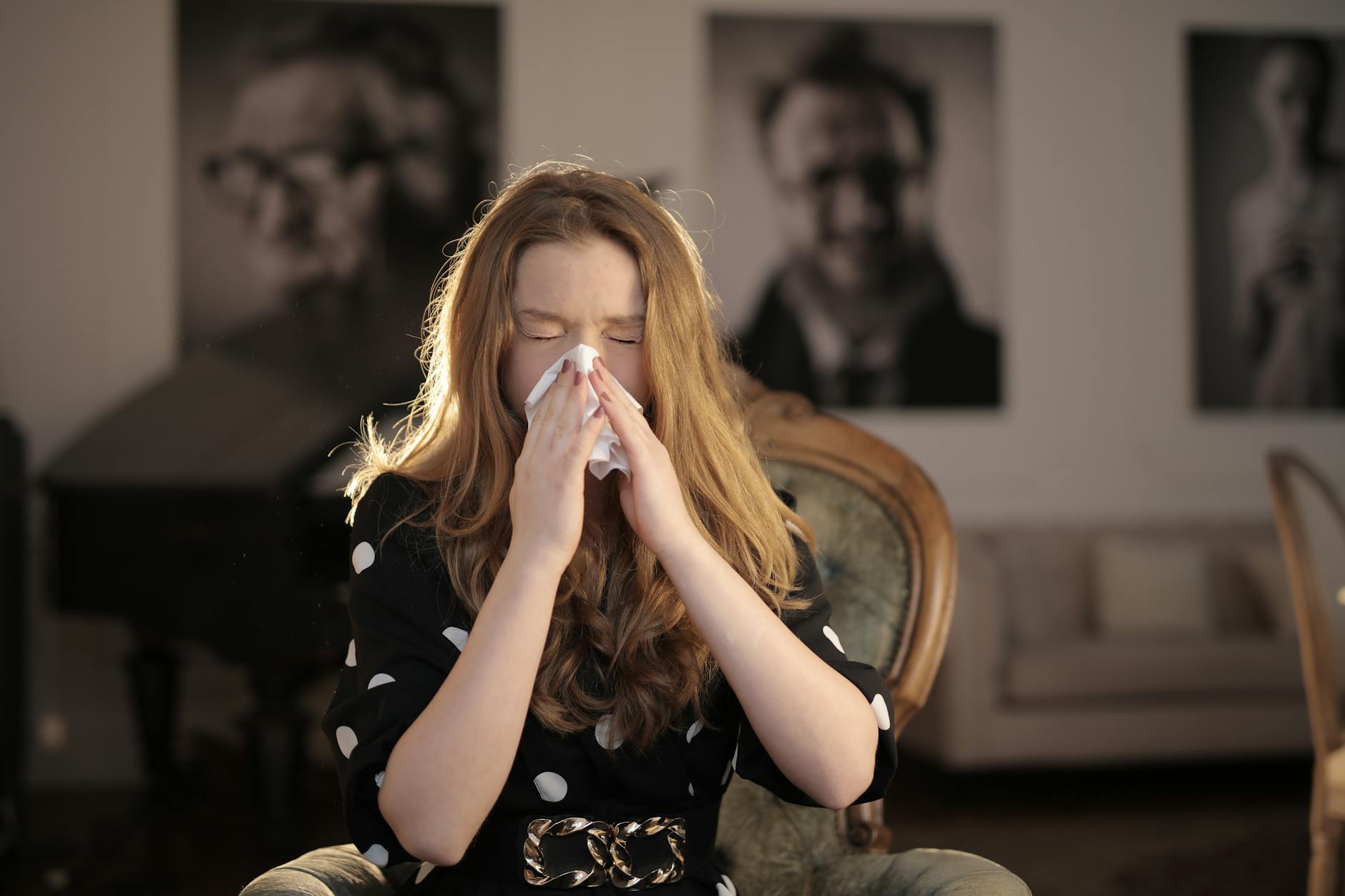Discover the journey of one person’s battle with cold sores, from the initial diagnosis to finding effective treatments and remedies.
Table of Contents
Welcome to the comprehensive guide on cold sores! If you’ve ever experienced the discomfort and embarrassment of a cold sore, you’re not alone. This common viral infection affects millions of people worldwide. In this blog post, we will explore everything you need to know about cold sores, from diagnosis to treatment options.
Cold Sores: The Basics
Cold sores, also known as fever blisters, are caused by the herpes simplex virus (HSV). There are two types of HSV that can cause cold sores—HSV-1 and HSV-2. HSV-1 is the most common cause of oral cold sores, while HSV-2 is typically associated with genital herpes. Once you are infected with the virus, it remains in your body for life, often lying dormant until triggered by factors such as stress, illness, or sun exposure.
Cold sores usually appear as small, fluid-filled blisters on or around the lips. They can be painful and may itch or burn before they erupt. It’s important not to touch or pick at cold sores as this can spread the virus to other parts of your body or to other people.
Diagnosing Cold Sores
If you suspect you have a cold sore, it’s essential to consult a healthcare professional for proper diagnosis. In many cases, cold sores can be diagnosed based on their appearance and your medical history. Your doctor may also perform a viral culture test by taking a sample from the blister to confirm the presence of the herpes virus.
Treatment Options
While cold sores are not curable, there are several treatment options available to help alleviate symptoms and promote faster healing. Over-the-counter antiviral creams or ointments such as docosanol or penciclovir can help reduce the severity and duration of cold sores when applied at the first sign of an outbreak.
Additionally, your doctor may prescribe antiviral medications in pill form for more severe or frequent outbreaks. These medications can help speed up healing and reduce the risk of spreading the virus to others.
Home Remedies
In addition to medical treatments, there are several home remedies that may help soothe cold sores and promote healing. For example, applying a cold compress to the affected area can help reduce pain and swelling. Keeping the area clean and dry can also prevent infection and speed up healing.
| Stage | Description | Treatment |
|---|---|---|
| Diagnosis | Identifying the cold sore through symptoms such as tingling, blisters, and scabs. | – |
| Prodrome | Early warning signs of an impending outbreak, such as itching and burning. | Over-the-counter antiviral creams, such as docosanol (Abreva). |
| Vesicle | Formation of fluid-filled blisters on the lips or around the mouth. | Antiviral medications, such as acyclovir, valacyclovir, or famciclovir. |
| Ulcer | Blisters break open and begin to ooze fluid. | Antiviral medications to reduce healing time and pain relief creams. |
| Crust | Formation of scabs as the cold sore starts to heal. | Keep the area clean and moisturized to prevent cracking and discomfort. |
| Healing | The scab falls off, and the skin heals completely. | Continue to moisturize and protect the area from further outbreaks. |
Some people find relief from cold sores by using natural remedies such as tea tree oil, lemon balm, or lysine supplements. However, it’s essential to consult with your healthcare provider before trying any new treatments to ensure they are safe and effective for you.
Prevention Tips
While cold sores can be challenging to prevent entirely, there are steps you can take to reduce your risk of outbreaks. Avoiding triggers such as stress, fatigue, and sun exposure can help minimize the likelihood of cold sores appearing. Maintaining good hygiene practices and avoiding close contact with individuals who have active cold sores can also reduce the chances of transmission.
Conclusion
In conclusion, cold sores are a common viral infection caused by the herpes simplex virus. While they can be uncomfortable and unsightly, treatment options are available to help manage symptoms and promote healing. By following proper hygiene practices and taking steps to reduce triggers, you can minimize the frequency and severity of cold sore outbreaks. Remember to consult with a healthcare professional for personalized advice and treatment options tailored to your specific needs.
FAQs
Can cold sores be cured?
Answer 1: Unfortunately, cold sores are not curable as the herpes simplex virus remains in the body for life. However, treatments can help manage symptoms and speed up healing.
What are the common triggers for cold sore outbreaks?
Answer 2: Common triggers include stress, illness, sun exposure, hormonal changes, and a weakened immune system. Avoiding these triggers can help reduce the frequency of outbreaks.
Can cold sores be prevented?
Answer 3: While cold sores cannot always be prevented, you can reduce the risk of outbreaks by avoiding triggers, maintaining good hygiene, and protecting yourself from sun exposure.
Are there any natural remedies for cold sores?
Answer 4: Some people find relief from cold sores with natural remedies such as tea tree oil, lemon balm, or lysine supplements. However, it’s important to consult with a healthcare provider before trying any new treatments.





